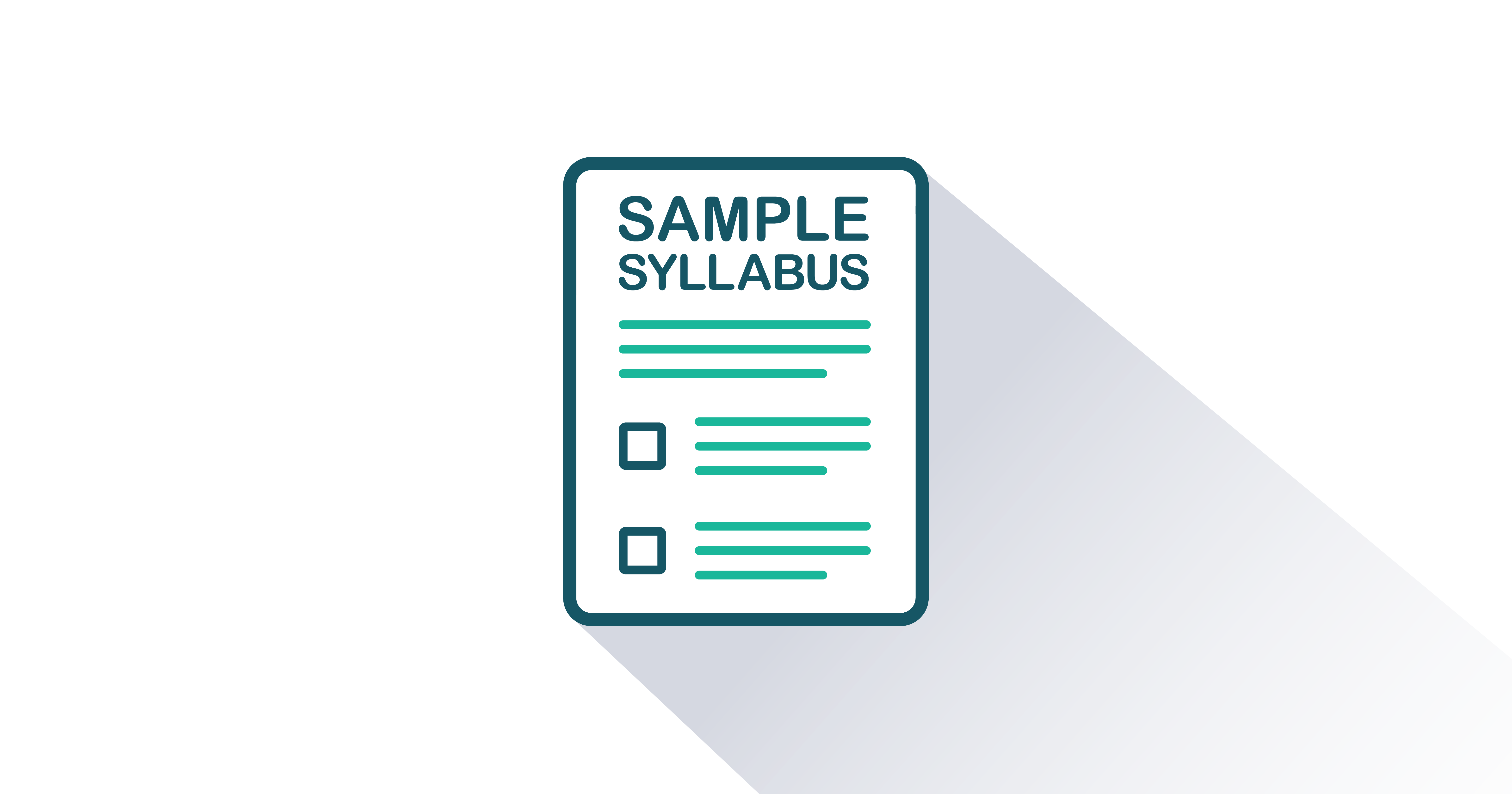- Published
- May 2021
- Page Count
- 600
- ISBN (Digital)
- 978-1-4533-3883-4
Nutrition Basics: An Active Approach

Version 2.1
By Maureen Zimmerman and Mary Elizabeth Snow
Included Supplements
Key Features
- Updated to reflect the U.S. Department of Agriculture (USDA) Dietary Guidelines for Americans, 2020–2025.
- Organized by physiological function (rather than organized by nutrient) to make it easier for non-majors to understand and apply the information.
- Requires little or no prior knowledge of college-level chemistry, biology, or physiology.
- Strong basis in rigorous scientific research that is presented in clear, easy-to-understand explanations and examples.
- Focused on sustainable food behaviors by taking the environment and local economies into account when making food choices.
- Supportive learning structure include
- “Big Ideas” provide a preview of every chapter’s main theme.
- “Key Terms” help students understand and become comfortable with important terminology.
- “Interactive” features provide links to online learning tools and over 75 embedded videos and 450 hyperlinks provide high-interest opportunities to stimulate readers’ interactions with online content.
- “Key Takeaways” at the end of every main section help students mentally consolidate new information while it is still fresh.
- “Discussion Starters” and multi-level “Exercises” at the end of every chapter prompt interaction, analysis, and extend learning.
- Customizable.
Students
- Online Access Price
- $33.95
- Color Printed Textbook with Online Access Price
- $60.95
Nutrition Basics: An Active Approach is suitable for courses on Personal Nutrition that cover basic information about food, food choices, and health. This book is appropriate for students not majoring in nutrition and courses generally taught at the undergraduate level at most two- and four-year colleges and universities.
Nutrition Basics: An Active Approach is a basic overview of nutrition that explores the relationship between nutrition and physiology. Students will receive a “behind the scenes” examination of health and disease in the body, while examining some of the popular myths about nutrition. Zimmerman and Snow discuss how to develop a foundation for making smart dietary choices as they discuss relevant topics such as obesity, vegetarianism, weight-loss supplements, and more.
New in This Version
- Updated to reflect the U.S. Department of Agriculture (USDA) Dietary Guidelines for Americans, 2020–2025.
-
- The first set of these guidelines to be organized by healthy dietary patterns by life stage, from birth through older adulthood. For the first time, there are chapters devoted to each life stage, including chapters on infants and toddlers and women who are pregnant or lactating.
- Emphasizes the importance of choosing nutrient-dense foods and beverages in place of less healthy choices at every life stage, and it is never too early or too late to improve food and beverage choices to build a healthy dietary pattern.
- Reflects the recent upates to the Physical Activity Guidelines.
- Updated based on the release of Healthy People 2030.
- Reflects the recent updates to Version 2.0
- Added discussion on the impact of new food labeling laws and reviews on popular diets
- New information on food insecurity and college students
- Updated eating disorder content and terminology
- Updated statistics on obesity, including trends and new treatments
Updated content on sustainable food systems - New research on probiotics, high-fructose corn syrup, milk, and food allergies
- Updated references, reflecting state-of-the-art recommendations on topics such as peanut allergies, infant feeding, protein intake, and more
- Links to updated video content
- New technology and apps for improving diets
- About the Authors
- Acknowledgments
- Dedications
- Preface
-
Chapter 1: Nutrition and You
-
Chapter 2: Achieving a Healthy Diet
-
Chapter 3: Nutrition and the Human Body
-
Chapter 4: Carbohydrates
-
Chapter 5: Lipids
-
Chapter 6: Proteins
-
Chapter 7: Nutrients Important to Fluid and Electrolyte Balance
-
Chapter 8: Nutrients Important as Antioxidants
-
Chapter 9: Nutrients Important for Bone Health
-
Chapter 10: Nutrients Important for Metabolism and Blood Function
-
Chapter 11: Energy Balance and Body Weight
-
Chapter 12: Nutrition through the Life Cycle: From Pregnancy to the Toddler Years
-
Chapter 13: Nutrition through the Life Cycle: From Childhood to the Elderly Years
-
Chapter 14: Nutrition and Society: Food Politics and Perspectives
-
Chapter 15: Achieving Optimal Health: Wellness and Nutrition
-
Appendix A: Dietary Reference Intakes Tables

FlatWorld Homework
FlatWorld Homework includes multi-format questions written specifically for your FlatWorld book, which you can access through our stand-alone interface or integrate with your learning management system.

Instructor’s Manual
The Instructor’s Manual guides you through the main concepts of each chapter and important elements such as learning objectives, key terms, and key takeaways. Can include answers to chapter exercises, group activity suggestions, and discussion questions.

PowerPoint Lecture Notes
A PowerPoint presentation highlighting key learning objectives and the main concepts for each chapter are available for you to use in your classroom. You can either cut and paste sections or use the presentation as a whole.

Test Generator - powered by Cognero
FlatWorld has partnered with Cognero, a leading online assessment system, that allows you to create printable tests from FlatWorld provided content.

Test Bank Files for Import to Learning Management Systems
For your convenience, we've packaged our test items for easy import into Learning Management Systems like Blackboard, Brightspace/D2L, Canvas, Moodle, or Respondus.

Test Item File
Need assistance in supplementing your quizzes and tests? Our test-item files (in Word format) contain many multiple-choice, fill-in-the-blank, and short-answer questions.

Sample Syllabi
Sample syllabi provide useful templates to help new faculty adopters revise their teaching plans to match their assigned FlatWorld textbook or lend insights to existing adopters on how to organize their classes.
DownloadAt FlatWorld, we take pride in providing a range of high-quality supplements alongside our titles, to help instructors teach effectively. Supplements are available for instructors who have registered their adoption with us. If you need to review or preview something specific, please contact us.
Already registered? Sign in here.
Additions & Errata
9/20/22: Removed what had been Figure 1.4
8/9/22: FDA recalls (chapter 14.2) and Carbohydrates (chapter 4.1) dead video links removed, no suitable replacements found. Chapter 4.7, Discussion Started question 2 recast to not include no-longer-valid video link.
12/14/21: Update Table 9.9 Changed "RDA" to "AI."
8/26/21: Replaced broken link in Video 1.3 to new video: https://www.youtube.com/watch?v=FpG9OCD5G1g.
